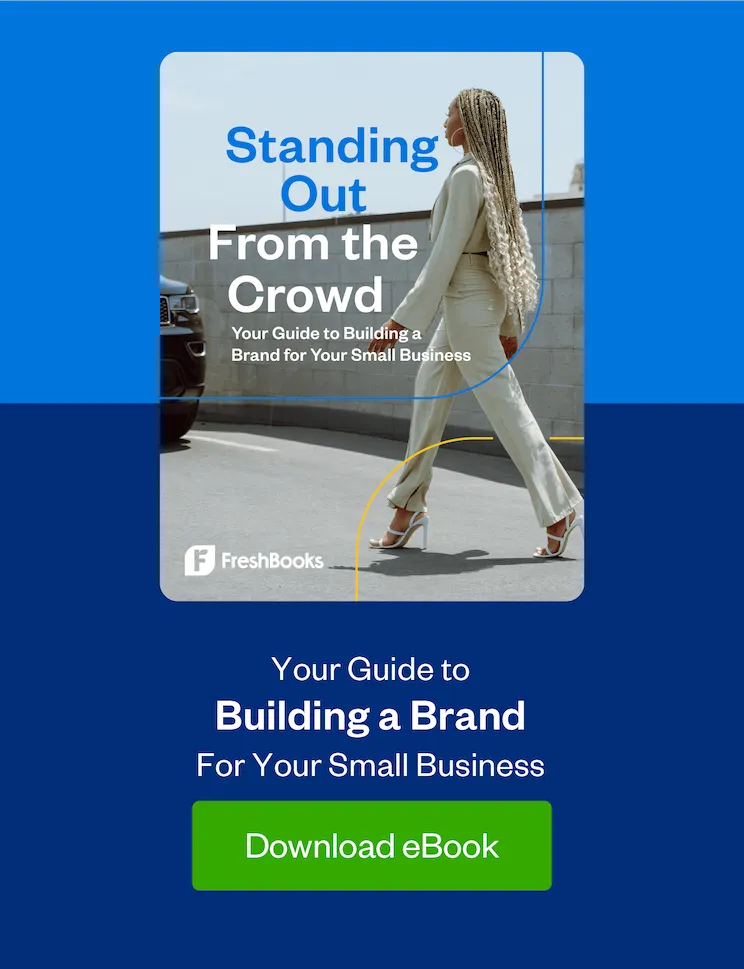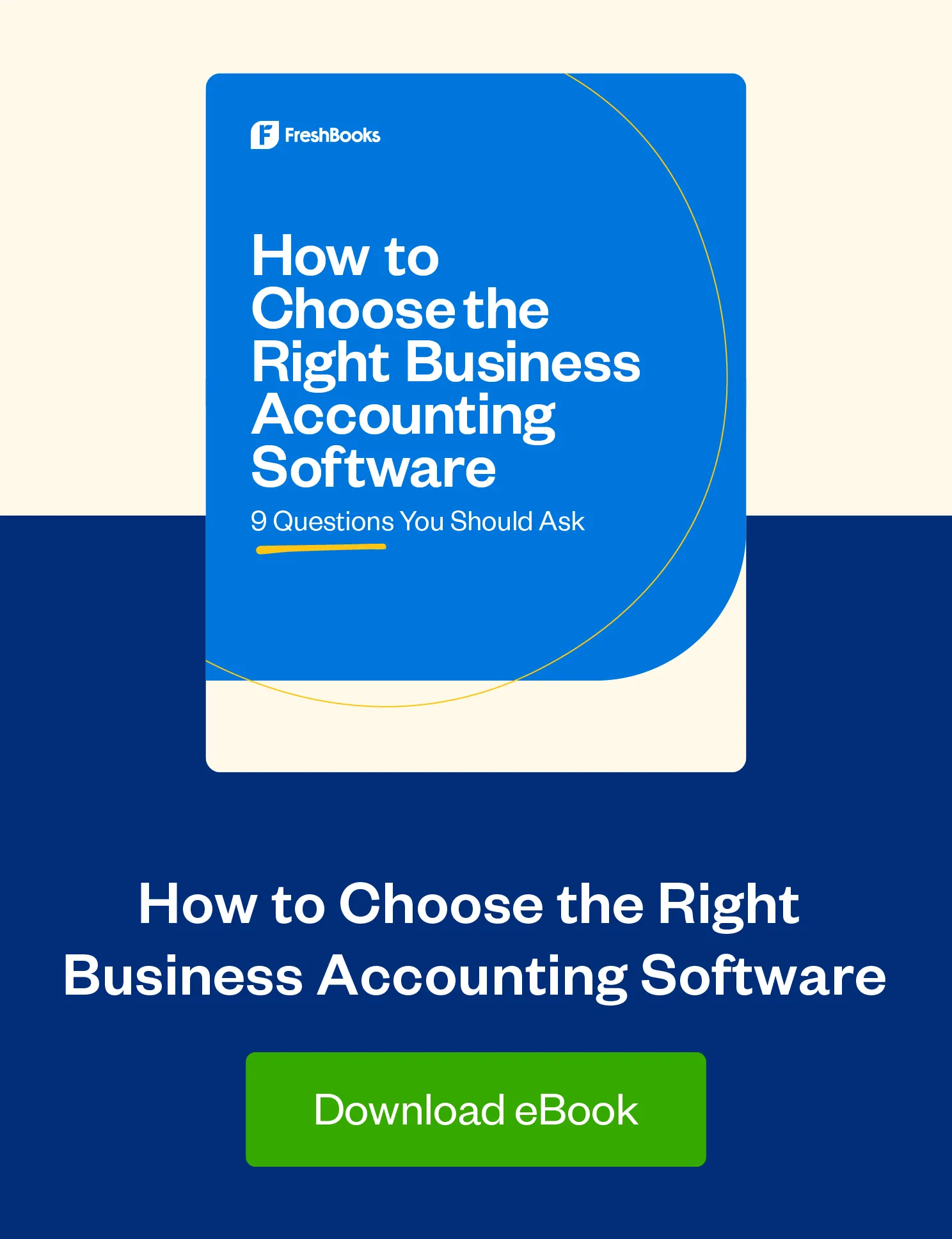Find out what types of business relationships will take your organization to the next level.

When you’re building a business, there are plenty of things you need to do to facilitate your company’s growth, including:
- Researching your market
- Offering a high-quality product or service
- Developing a solid marketing strategy
But growing a business isn’t a one-person job. If you want your organization to thrive, you need support—and that means fostering the right relationships.
And the right business partnerships can drive serious value. Whether that’s introducing your company to new audiences, helping you navigate challenging situations, or giving you insights to improve your business and maximize your impact.
But which partnerships are worth pursuing?
Let’s take a look at 7 essential business relationships that can take you to the next level.
1. Corporate Partnerships
Part of growing your small business is finding new customers and clients. But when you’re first starting out, you might not have access to the customers you’re trying to reach. That can make it hard to scale and expand your brand.
Developing relationships with other small businesses or business owners in your space is a great way to get your name in front of potential customers that are already receptive to your business model. By partnering with an established brand, you can leverage their already-existing business relationships to build trust in your brand—and attract new customers along the way.
A good starting point? Reach out to complementary small businesses in your industry and offer an exclusive discount to their customer base. Or, if you want to partner with larger companies (and, therefore, larger audiences), you can look into existing partner programs. For example, the Shopify Partners Program allows you to promote your organization to Shopify’s extensive merchant audience (and collect leads) by becoming a Shopify Expert.
“I became a Shopify Expert through their Partners Program in early 2015. It’s a major source of work that I bring in, and I don’t think I would have the amount of work I have if it weren’t for Shopify Experts,” says Kelly Vaughn, founder and lead developer at The Taproom Agency, who’s also a FreshBooks customer.
In addition to leveraging relationships with other businesses to increase your exposure, you can also use those partnerships to increase your revenue. Affiliate or reseller programs (like the FreshBooks Reseller Program) allow you to sell another brand’s products or services to your customers—and get paid a commission. Joining an affiliate or reseller program can be a great way to introduce your customers to additional products or services—and make some extra cash in the process.
You can also build relationships with other businesses as a way to drive referrals. Referrals are a relationship business; strategic referral partners can drive instant sales and revenue for your organization. And when they are reciprocal, they turn into long-term partnerships that create a mutually beneficial relationship.
2. Financial
As a business owner, you want to have a grasp on your numbers from day one. Otherwise, overspending, bad financial decisions and poor management can run your operation into the ground.
That’s why building financial relationships is a must. Having strong financial support for your business will enable you to make profitable decisions for your organization and keep your finances in order.
Here are a few different financial relationships you’ll likely need as you grow your business:
- A financial advisor: A trustworthy financial advisor can help look out for the best interests of your corporate finances and ensure that the financial decisions you make are taking your business in the right direction.
- An accountant: You’ll also need an accountant to manage your books. Ideally, you’ll work with someone who has extensive experience partnering with businesses in your industry, as different business types have different accounting needs. It’s also important to set your accountant up for success. To share reports seamlessly between you and your accountant, make sure to use cloud accounting software.
- A lender: At some point, you might need a loan or line of credit to expand. Having a pre-existing connection with a lender can make it easier to get the financing you need to grow.
3. Legal
There are a lot of legal issues that go into starting, running and growing a business. For example:
- If the tax law changes, you may need to change your payroll administration practices
- If you decide to expand operations to a new state, you’ll need to understand the employment and labor laws to ensure you’re compliant
- If you patent an idea and a competitor uses it to develop a new product, you may need to take legal action to stop them from bringing that product to the market
In all of the above situations, you’re going to need legal counsel.
Having a legal relationship in business is essential to facilitating growth for your company. While you won’t need to work with your attorney regularly, you do want to have an established relationship if and when you run into legal issues. A legal professional can also help ensure that your business is compliant with any applicable local, state or federal laws (like tax or labor laws)—which can prevent you from finding yourself in a sticky legal situation in the future.
4. Leadership and Peer Mentors
What do many of the world’s most successful business owners and entrepreneurs have in common? They leveraged relationships with mentors to support them in building their companies.
Working with a mentor can be a huge value-add to your business. A mentor can deliver insights that allow you to avoid the major mistakes that can stall your growth. Likely those are the same mistakes they’ve dealt with (and, more importantly, successfully overcome) in the past.
“You might think that you don’t have time for a mentor or that nobody knows your business more than you do, but this type of thinking will not help you get over the hurdles that cripple many businesses. Mentors not only help you with sound advice, but they also mentally challenge you and change your way of thinking. By working with a mentor, I’ve learned to evaluate situations from different perspectives,” says Max Soni, CEO of Delancey Street.
And it’s not just first-time entrepreneurs that can benefit from mentorship! No matter how experienced or successful a business owner you are, chances are, there’s a mentor out there with more experience and success. And having that mentor in your corner can be a definite business advantage.
5. Customers
You can’t grow your business without customers—which is why your customer relationships are one of the most important.
When you build a solid customer relationship, the benefits are two-fold. First, they will continue to engage your business and buy your products or services. Second, they’re more likely to support you and your brand in other ways—like posting an online review or telling their friends and family about the positive experience they’ve had with your brand.
“Referrals in the form of word-of-mouth recommendations are very powerful, but so are online reviews, which are indirect referrals. Consumers love to voice their opinion, whether positive or negative, online. When you provide a great product or service and deliver exceptional customer service, you create loyal brand supporters,” says Adam Boalt, CEO of Travel Visa.
Bottom line? Fostering positive relationships with your customers can transform those customers into real brand supporters—and when they genuinely support your business, they become an integral part of building buzz, promoting your products or services, and driving growth.
6. Employees
Your employees are an essential part of your business. As a business owner, you have the vision of where you want your organization to go—but it’s your employees who are going get you there.
That’s why it’s so important to foster a positive business relationship with your employees. When you treat your employees with respect, trust and kindness, they’re going to be more committed to your company. They’re going to work harder. They’re going to be more dedicated to your vision—and your organization will thrive as a result.
A loyal employee base can also help you build the kind of team you need to take things to the next level. When word gets out that your company is a great place to work, it will attract top talent. And when you have top talent working for you, it will give you an edge over your competition (and help you grow your company in the process)!
7. Competitors
You might think that your competitors are the last people you’d want to have a relationship with. But the truth is, maintaining a relationship with your competitors can help inspire you to build a better business—and grow as a result.
For example, when you see that a competitor is trying something new, it can set the bar higher and inspire you to innovate. If you find that a competitor is gaining market share, it can push you to work harder and to take back those customers. If you see a competitor fail on a massive scale, it can give you insights into what not to do with your business moving forward.
The point is, a bit of healthy competition can push you to grow, expand, innovate and better manage your business.
Build Relationships to Build Your Business
Relationships in business are an essential part of fostering the right partnerships to help your company grow. And now that you know the types of business relationships that can benefit you, all that’s left to do is get out there and focus on building them.
This post was updated in August 2020.
about the author
Deanna deBara is an entrepreneur, speaker, and freelance writer who specializes in business and productivity topics. When she's not busy writing, she enjoys exploring the Pacific Northwest with her husband and dog. See more of her work and learn more about her services at deannadebara.com.


 Entrepreneurial Must-Reads: The Best Books for Starting a Business
Entrepreneurial Must-Reads: The Best Books for Starting a Business Moving Your Business Online: The Essential How-To Guide
Moving Your Business Online: The Essential How-To Guide Diversify Your Income in 2020 with Affiliate Marketing
Diversify Your Income in 2020 with Affiliate Marketing


![Standing Out From the Crowd [Free eBook]](https://www.freshbooks.com/blog/wp-content/uploads/2022/05/Standing-Out-From-the-Crowd_eBook-Blog-Hero-Image-226x150.png)



